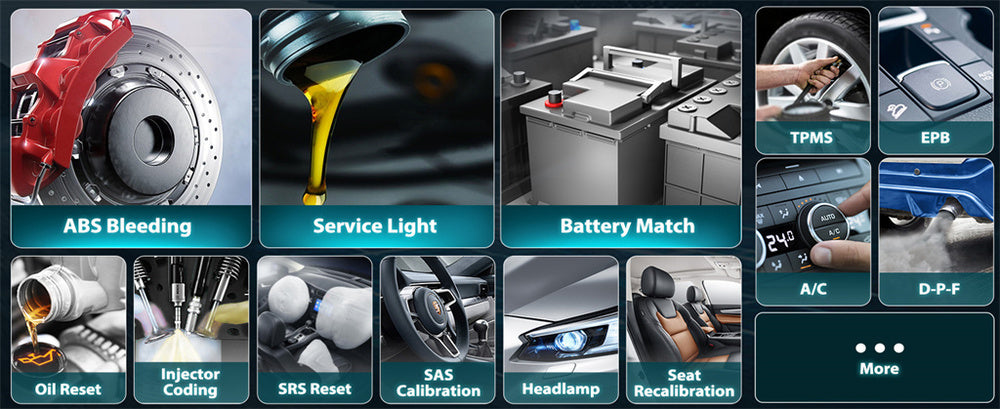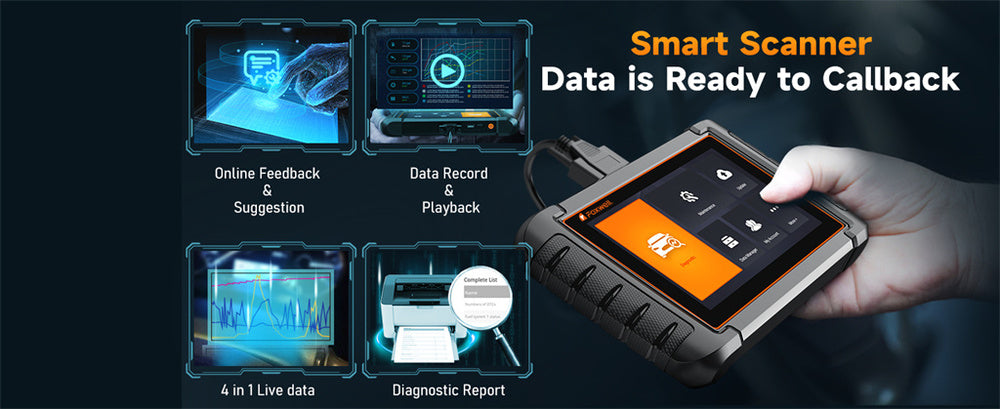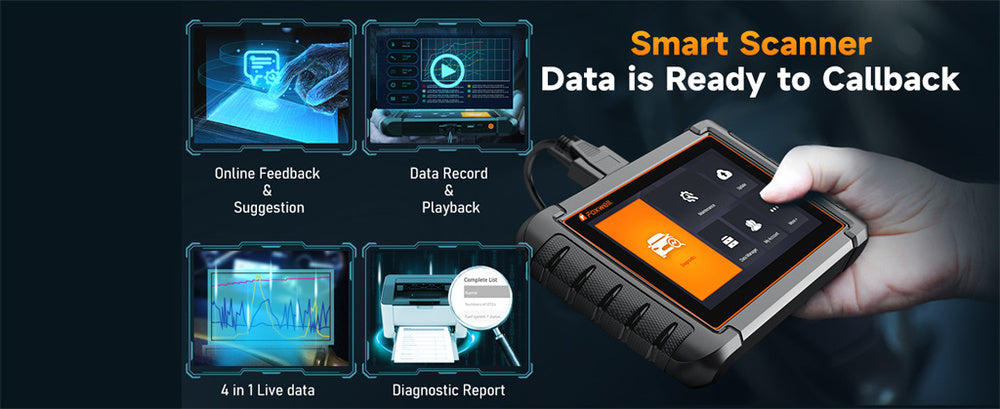A check engine light may cause an instantaneous alarm, yet its root cause can often be straightforward. A loose or defective gas cap is one such cause—when not fitted tightly, it can lead to pressure drops within the fuel system that trigger the check engine light.
Another culprit can be an oxygen sensor malfunction, which measures unburned oxygen in the exhaust; when this sensor fails, it can negatively impact performance and fuel efficiency and possibly damage catalytic converters.
Faulty spark plugs or ignition coils are among the more frequent causes of check engine light illumination. Often, spark plugs wear out from wear or malfunction that misfire, leading to engine performance issues and prompting a check engine warning light.
Catalytic converter failure could also be an expensive repair bill. However, these are among the more likely triggers of check engine lights; there could be many others, from minor to more serious.
How serious is a Check Engine Light?

The level of urgency depends on whether the check engine light is solid or flashing. A solid check engine light usually indicates less serious issues, such as faulty sensors or loose gas caps, that do not require immediate attention.
However, they should still be addressed soon after driving has resumed. You should still drive carefully until this issue can be rectified properly.
However, suppose the check engine light is flashing. This indicates a more severe problem, such as a misfire that could damage the catalytic converter or other components if left unattended.
You should immediately stop driving your vehicle and consider having it towed to a mechanic; failure to address such an emergency quickly may put it at risk of significant engine damage.
Solid lights should warn of impending problems while flashing lights require immediate attention.
Can You Fix Common Check Engine Light Issues Yourself?
Yes, in many instances, it is possible to address check engine light issues on your own without visiting a mechanic.
For example, if the light appears soon after refueling your vehicle, the first step should be checking the gas cap; any looseness can trigger the light. Tightening or replacing it can resolve the issue and save time and money on repairs. This solution provides quick relief without incurring additional repair bills.
Changing spark plugs is another repair you could tackle, although this requires basic mechanical knowledge and some financial investment.
However, for car owners comfortable performing minor DIY repairs themselves, replacing spark plugs may be manageable.
However, if the issue persists after reviewing these basics, it's often best to consult a professional—especially when dealing with more intricate components such as catalytic converters or oxygen sensors.
How to Perform a Quick Self-Diagnosis for the Check Engine Light
Before heading to a mechanic, performing a quick self-diagnosis for the Check Engine Light can be helpful. Start by inspecting your gas cap—any damage could cause the light to illuminate. If this doesn't work, tighten it or replace it with a new one until the problem is resolved.
Follow your nose. Be alert for any odd noises, performance problems, engine idling rougher than expected, decreased power, or fuel-efficiency—all indicators of potential trouble with its source. These signs could provide insight into its cause.
OBD2 scanners like the Foxwell NT809 can provide more precise diagnosis. They plug directly into your car's diagnostic port and read error codes that help identify specific problems, such as engine light codes. With access to such an OBD2 scanner, you can make informed decisions and potentially avoid expensive repairs in the process.
When Should You Seek Professional Assistance for a Check Engine Light?
While specific fixes can be handled independently, it's wiser to seek professional help for a Check Engine Light issue in certain circumstances.
If your check engine light flashing immediately signals a serious misfire issue that could cause extensive engine damage - driving could make matters worse, so having your car towed to a shop would likely be best in such an instance.
Suppose your car's check engine light remains illuminated despite attempts at simple fixes (tightening the gas cap and replacing spark plugs, for instance), but no issues have been detected. In that case, diagnostic tools will help pinpoint the problem more precisely.
Furthermore, if it runs roughly, loses power, or makes unusual noises that suggest there may be more to it than simple sensor malfunctions, getting this checked sooner rather than later may prevent more significant, more costly issues.

How Much Does it Cost to Fix Check Engine Light Issues?
The costs of fixing common check engine light issues vary significantly, depending on their source. Simple problems, like replacing a worn gas cap, often cost between $20 and $50 in repair, whereas oxygen sensor issues could run anywhere from $100 to $300 (depending on the make and model of the car). Fixing such problems as soon as they arise is essential for optimizing fuel efficiency.
Spark plug replacement costs usually range between $50 and $200, depending on the number of plugs that need replacing and your vehicle type.
Catalytic converter issues, on the other hand, could run between $1,000 and $2,500, as this critical system plays a vital role in reducing emissions; failure could mean larger fines or failing an emissions test altogether.
Addressing the check engine light early can often prevent more costly repairs in the future, so it is wise to address such concerns promptly.
Conclusion
Just because your check engine light illuminates doesn't mean significant problems are imminent; minor issues like a loose gas cap or spark plugs are usually easily corrected through DIY fixes.
However, knowing the difference between minor and severe issues is critical. Tools like an OBD2 scanner like Foxwell's NT809 OBD2 scanner can quickly diagnose an issue soon so you can decide if you can handle it on your own or need professional services - timely action to address check engine light alerts will save both time and money over time and money later on down the line!
FAQs
How do I know what's wrong with my check engine light?
You can use an OBD2 scanner to read error codes from your car’s computer, which will tell you what triggered the check engine light. This can help identify the problem or whether professional help is needed.
Why is my check engine light on but my car runs fine?
Even if the car runs fine, the check engine light could be warning you of a minor issue, like a loose gas cap or a faulty sensor. It’s important to check it out before it becomes a bigger problem.
What does a solid yellow check engine light mean?
A solid yellow check engine light usually indicates a less urgent issue, such as an emissions or sensor problem. While it’s not an emergency, you should still have it checked out soon to prevent future complications.




Leave a comment
This site is protected by hCaptcha and the hCaptcha Privacy Policy and Terms of Service apply.